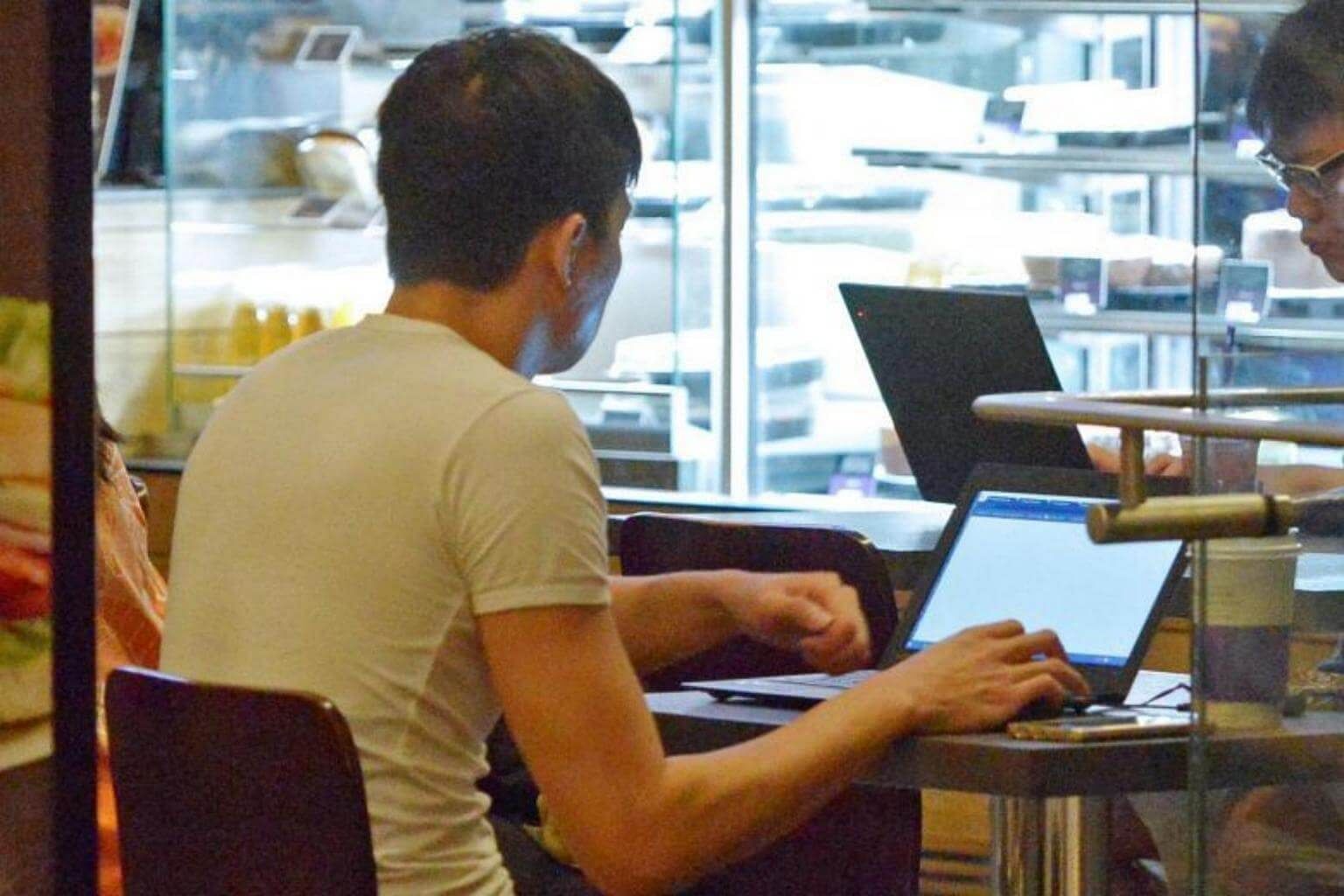Singapore shoppers 2nd in Asia-Pacific for buying foreign goods online: Study
Sign up now: Get ST's newsletters delivered to your inbox

A study found that 73 per cent of online shoppers in Singapore bought items from overseas in the past year, with 14 per cent shopping on foreign websites exclusively.
PHOTO: ST FILE
Online shoppers in Singapore are second only to their counterparts from Hong Kong in the Asia-Pacific when it comes to making purchases from overseas, particularly from Chinese websites.
An Ipsos study commissioned by PayPal found around 73 per cent of online shoppers here bought items from overseas in the past year, with 14 per cent shopping exclusively on foreign websites. Ipsos is a market research and consulting firm based in France.
Released yesterday, the results showed that 75 per cent of shoppers in Hong Kong made cross-border online purchases.
Ipsos surveyed more than 34,000 respondents in 31 markets from March to May this year for the study, including 1,000 from Singapore.
Clothing, footwear and accessories topped the list of most popular categories of items bought online, with around 70 per cent of respondents in Asia buying at least one item in the past year.
Global shoppers mostly went to online stores based in China, with respondents citing better prices as the primary reason.
The rise of international e-commerce in Singapore is a positive sign at a time when countries are putting up more barriers as trade protectionist sentiments grow around the world, concluded a panel of industry insiders while discussing the PayPal report at Republic Plaza yesterday.
The protectionism trend means businesses here must adjust to these changing headwinds, said Asian Trade Centre senior fellow Alex Capri at the roundtable discussion organised by PayPal.
-
73%
Estimated percentage of online shoppers here who bought items from overseas in the past year, according to an Ipsos study commissioned by PayPal. Hong Kong shoppers came in tops, with 75 per cent of them making cross-border online purchases.
Referring to the US-China trade conflict, PayPal senior vice-president of international markets Rohan Mahadevan said the problem is figuring out with certainty where these winds are blowing.
"With so much uncertainty, where is the end goal? If there is going to be a trade tariff, then let us know when and where, and (businesses) will figure out how to make this change work. The uncertainty and variability are the biggest challenge," said Dr Mahadevan.
Singapore Management University's Professor Annie Koh, who chairs the finance and investment committee on the Government Technology Agency's board, said companies can also identify "sweet spots" within global trade flows.
Setting up a presence in Vietnam, for example, can allow firms to potentially leap over trade barriers, she said. This year, the country sought to set up three special economic zones that would grant concessions to foreign investors.
Because of such concessions, Prof Koh said, businesses in Vietnam stand to benefit from having more access to markets which others have difficulty entering.
Free trade agreements, such as the China-Singapore deal that eliminates tariffs for 95 per cent of exports to China, are also opportunities for firms that face trade protectionism elsewhere, she said.


